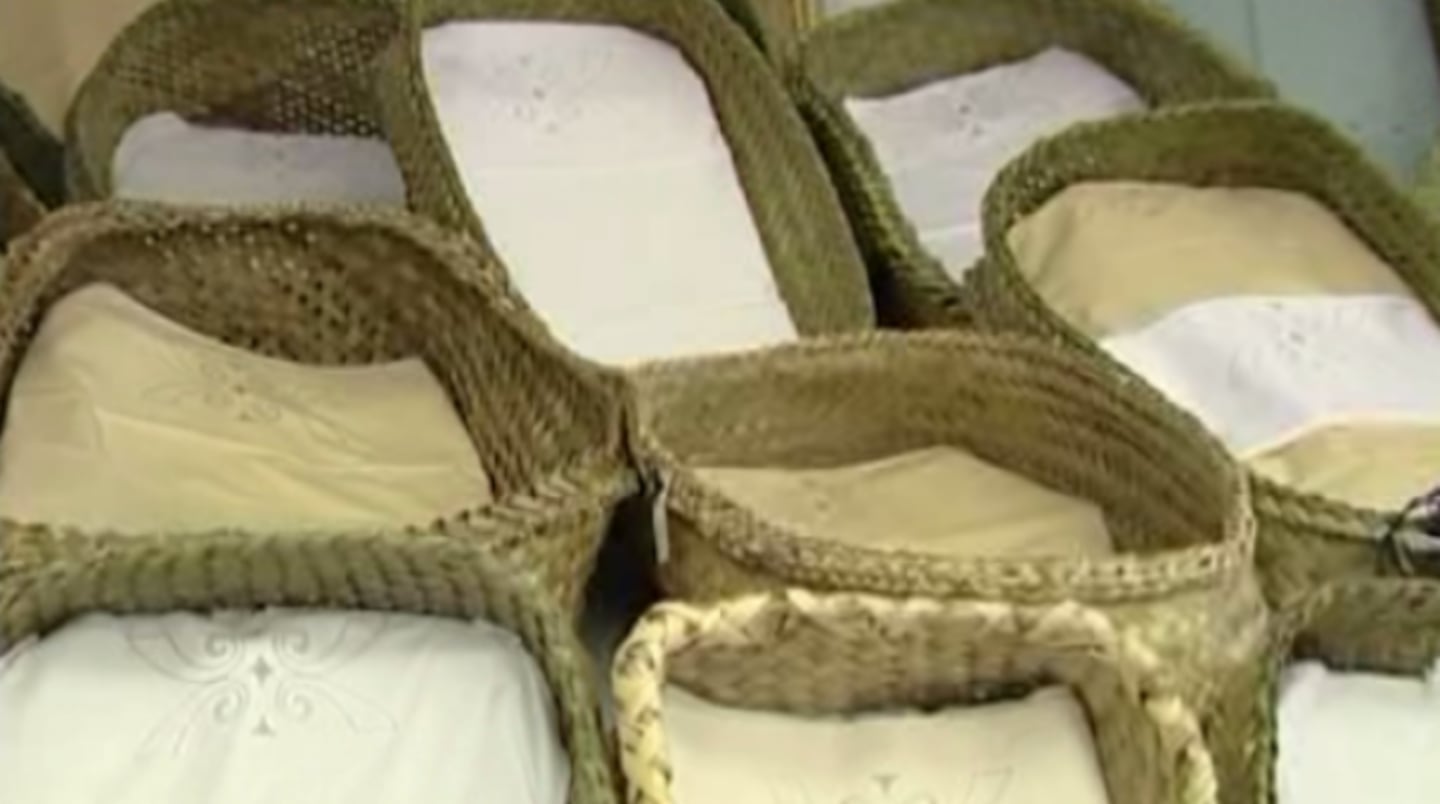SUDI (Sudden Unexpected Death in Infancy) rates have reduced by nearly 30% since the introduction of the wahakura, a Māori safe-sleeping device developed in Gisborne.
A two-day symposium is set to take place to celebrate the ten year anniversary of this Māori initiative.
The symposium will feature SUDI experts and representatives from the Nukutere Weavers’ Collective. The collective will explain the historical and cultural significance of this taonga Māori.
Dr David Tipene-Leach from Whakawhetu – the national Māori SUDI prevention programme says, “We have made massive gains, but there is still a long way to go.
We can credit most of our success to the introduction of safe-sleeping devices like the wahakura and the associated safe sleeping messages.”
Nukutere Weavers' Collective from Gisborne launched the wahakura in 2006. The wahakura allows parents to sleep safer with their baby.
Tipene-Leach says, “The wahakura is a woven basket that creates a safe distance between baby and their parents in the bed. Along with the plastic pepi-pod, the wahakura has been distributed to thousands of young parents around the country.”
SUDI rates in the Gisborne are high.
“The national average for SUDI is 0.4 per 1000 births but for Gisborne-Tairawhiti the rate currently sits at 3.52 per 1000 births. We are delighted to see that the District Health Board has prioritised SUDI in its annual plan. Whakawhetu also had a dedicated resource in the area and we are hopeful that with targeted action these rates will reduce,” National Manager Kathrine Clarke says.
The plastic pepi-pod was developed in response to the high demand for wahakura.
“The wahakura and the associated safe sleeping messages are our most important strategy for eliminating SUDI in the Māori community. Wahakura are labour-intensive to make, and developing a pool of experienced weavers to meet demand has and always will be a challenge,” Clarke says.


